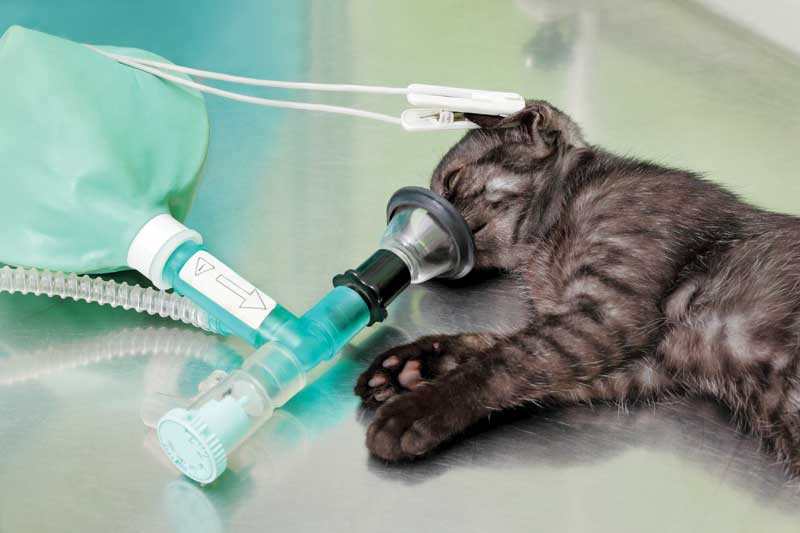
Most veterinarians will perform surgery, but not every veterinarian is truly skilled at surgery. Your pet’s well-being will be safest in the hands of a veterinarian that is well-rounded, with years of surgical experience. It’s advisable to have a chat with your veterinarian before scheduling a surgical appointment. Find out how many times he has performed the particular procedure that your pet needs. Ask him about his success rate with this procedure, and determine if there are any potential pitfalls that need to be considered.
Is Your Veterinarian Willing To Refer You To A Specialist?
It’s important to keep in mind that there are also some surgeries that are best performed by a specialist. Keep in mind that there are over twenty specialties in Veterinary Medicine. Only doctors that have spent an extra three to four years of schooling & board certification by the AVMA can label themselves as a specialist. The best veterinarian is the one who performs only those surgeries that fall within his area of expertise and who never hesitates to refer surgeries requiring special skills to those doctors who have been specifically trained in that area. An inflated ego has no place in a practice in which your pet’s health and well-being should take precedence over all other considerations.
Does Your Veterinarian Routinely Perform Pre-Anesthetic Labwork?
Checking a patient’s blood work and EKG is a critical step in any procedure where your pet will undergo anesthesia. In the case of geriatric pets, a chest x-ray is often a requirement as well. A responsible veterinarian will never administer an anesthetic without knowing the status of your pet’s health through information obtained from this critical step. When considering the expenses associated with a particular procedure it is important to understand what fees are included in the pre-surgery cost estimate. You must ask if pre-anesthetic lab work is included in the estimate. If lab work was not included in the price, proceed with caution. A reputable vet will be upfront about all of the costs associated with the surgery, from pre-surgery expenses to post-surgery follow-up. An attempt to appear less expensive than the competition by leaving out these fees either indicates a lack of honesty on the part of the veterinarian or a willingness to put your pet at risk by neglecting to provide services which are critical to the well-being of your pet. Does Your Veterinarian Follow Surgical Guidelines?
In accordance with the guidelines set forth by American Veterinary Schools, a veterinarian must wear a sterile cap, mask, gown and gloves for each surgery. The animal hospital should also have a room whose sole purpose is to serve as a dedicated surgical area. Additionally, there should be a separate preparation room to prevent infection. In practices lacking in space, or with an eye towards saving money, some of these guidelines are not followed. The resulting shortcuts put your pet at risk in several ways. In a situation where the veterinarian wears ‘just gloves’, or only `gloves and a mask’, your pet runs the risk of exposure to life threatening infections. Surgical attire was created to prevent outside contamination, and skimping on any of the safeguards designed to protect your pet is unacceptable.
But wait…It Gets Worse!
Find out if he is using a new gown, gloves, mask and cap for each procedure. Don’t be afraid to ask the doctor about his policy in regards to reusing surgical packs. While you may not always get an honest answer, asking the right questions shows the veterinarian that you are a knowledgeable pet owner. At the very least, it will deter him from taking shortcuts with your pet’s health.